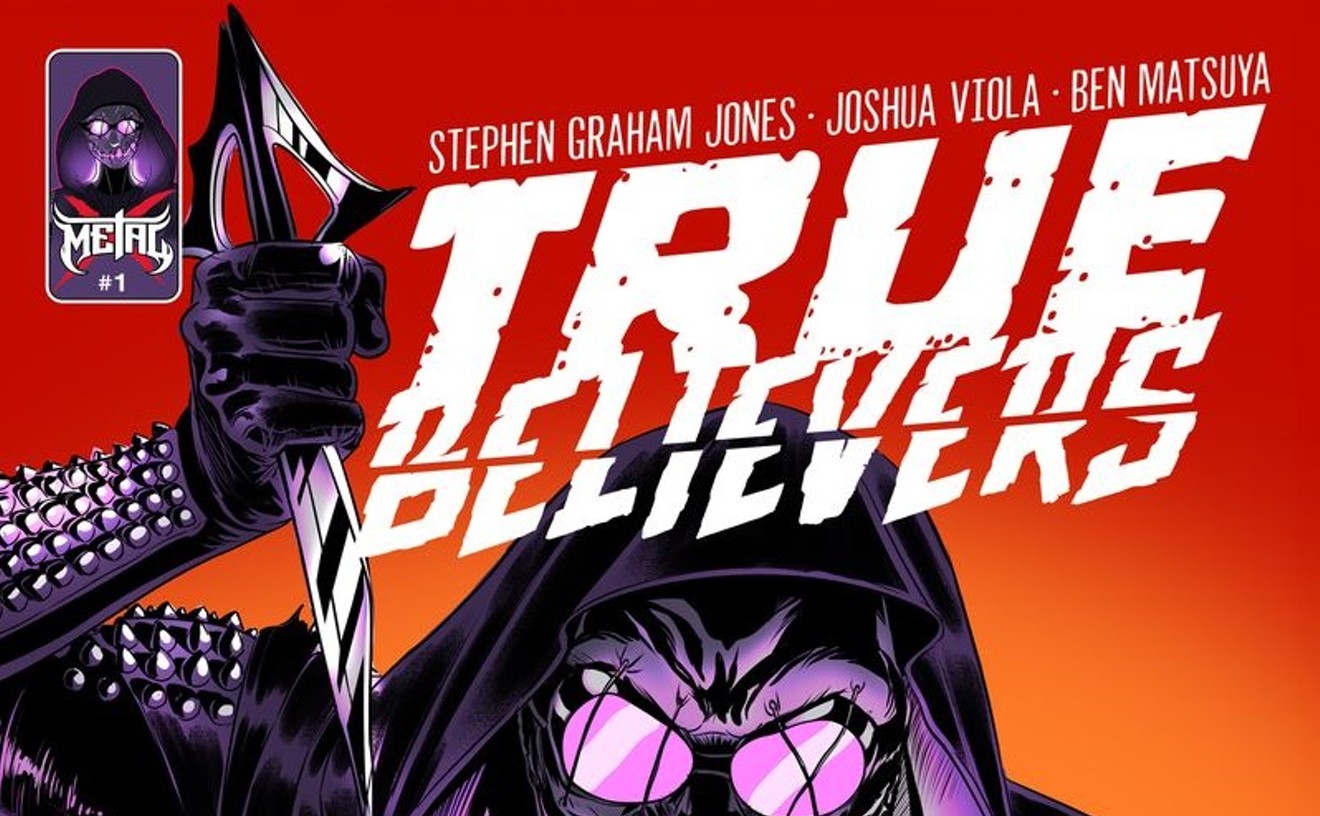This young woman is fleshly, though. Her name is Cordelia and, as we soon discover when she enters the house, she's barking mad. Completely and visibly mad, full of non sequiturs and unexpected comments and reactions, flitting from place to place, gesticulating, laughing at inappropriate moments, sometimes frightening, sometimes unexpectedly charming. The home owner is Diana, a famous talk-show host in the Barbara Walters vein, who likes to force her guests into weepily revealing their souls but is a serious enough reporter to have interviewed Osama bin Laden. A cold woman, protective of her own privacy, Diana is unmoved by the awestruck intruder. But then, Cordelia isn't really awestruck. As the action unfolds, she'll neither leave nor allow Diana to leave. Slashed car tires come into play; phones are dismantled. Diana self-protectively holds a pair of scissors. Cordelia one-ups her with a meat cleaver. Diana explains that they're connected to the mainland only by a slippery bridge that spans a long, lethal drop. Out comes Cordelia's gun. Hello, Alfred Hitchcock. Hello, Stephen King.
But playwright Elizabeth Hemmerdinger has more in mind for Squall than a simple thriller, and the psychological elements in her story are compelling. Diana isn't particularly afraid of her guest; in fact, she seems quite capable of taking on the little flibbertigibbit, gun or no. It turns out that this is less a play about murder than about two sadly damaged women, even if one of them has managed to transmute her pain into a remunerative, high-profile career. Cordelia hasn't really come to bid on the house, as she first claims, or even to stalk Diana. She's come because she knows Diana's mother, Rose, from the mental institution where they were both confined. Rose, who eventually killed herself, sounds like a bit of a cliche, a mix of The Glass Menagerie's manipulative and overbearing Amanda and the Joan Crawford we encountered in her daughter's book, Mommie Dearest. Rose attempted to mold Diana into a perfect, steely Southern belle, and she pretty much succeeded. When she met poor, lost Cordelia in the mental hospital, she offered her the same kind of toxic mothering. She also promised to leave something for Cordelia in the house Diana is clearing for sale.
I never cease to wonder at the knotted complexity of the mother-daughter relationship, even among happy, well-adjusted people, and the primal yearning for warmth and nurturance we carry with us into old age, even to the edge of death. Based on their feelings for Rose, the power shifts back and forth between the two protagonists. Diana knows Rose to have been perverse and evil; Cordelia continues to see her as a wellspring of love. But Cordelia was beside Rose in her final days and, despite everything, Diana has a desperate need to understand her mother's thoughts.
This is the first play I've seen in the Arvada Center's new black box theater, and I was disappointed to find it a large, characterless room rather than the intimate space I'd imagined. Squall really needs that kind of space, which would accentuate the play's claustrophobic action and keep the focus unrelentingly on the two trapped characters.
Still, under Billie McBride's direction, this Modern Muse production is riveting -- largely because of the inspired performances of Martha Harmon Pardee and Karen LaMoureaux, who work beautifully both individually and together. Pardee gives Diana an iron control that makes her eventual breakdown particularly shocking. Cordelia is a difficult role because the character is always in la-la land; what she says is evocative, but almost never makes literal sense. This sameness is a flaw in the writing, and it makes LaMoureaux's performance hard to watch at times. After all, people suffering from mental illness do make sense intermittently; that's why their lapses back into insanity are so troubling. But there's one marvelously written and acted moment of role reversal when Diana seems to flip into madness and Cordelia, forced to become the comforter, is almost -- almost -- shocked into sanity. She urges Diana to take a deep breath. She offers distractions -- weeding the garden (despite the storm outside), cooking. "Let's julienne," she pleads. Overall, LaMoureaux's performance is a wonder, so honest, naked, sad and frightening that I took it out into the night after the play was over, and it remained in my thoughts later as I drifted into sleep.











